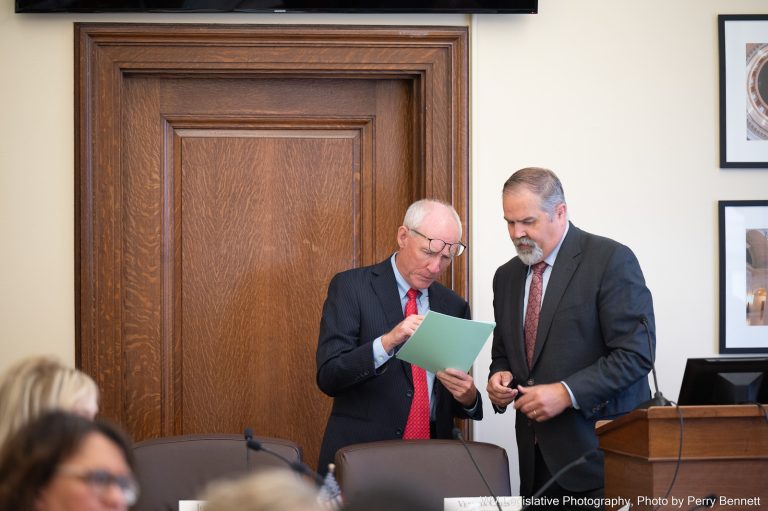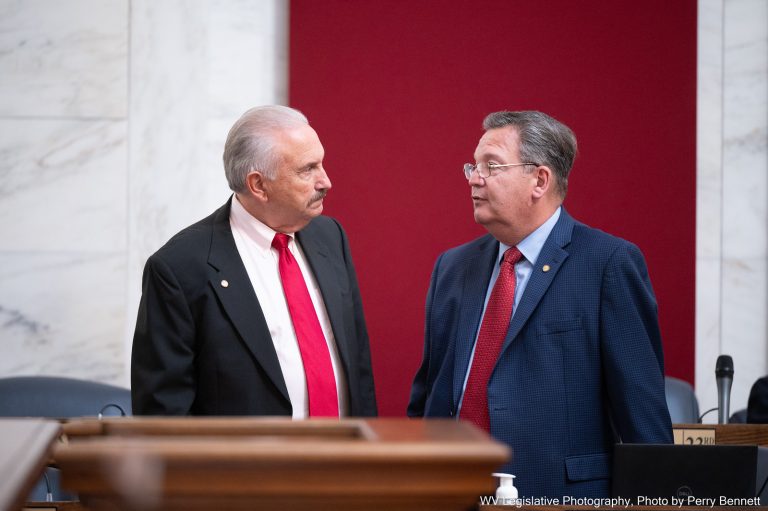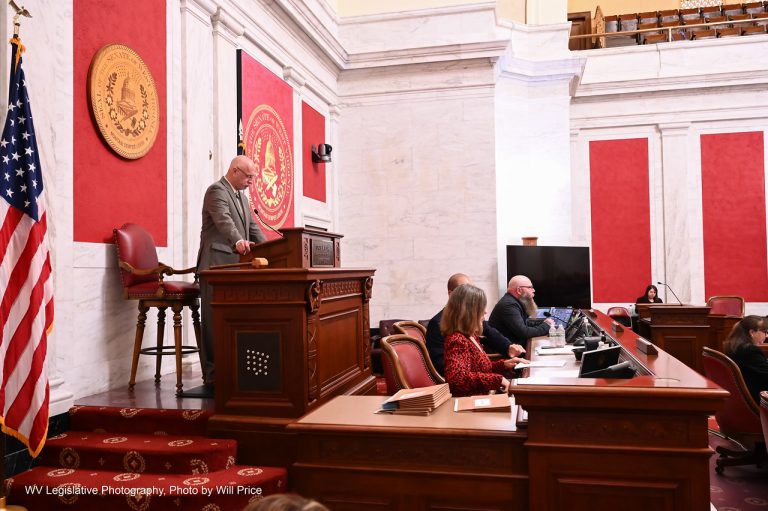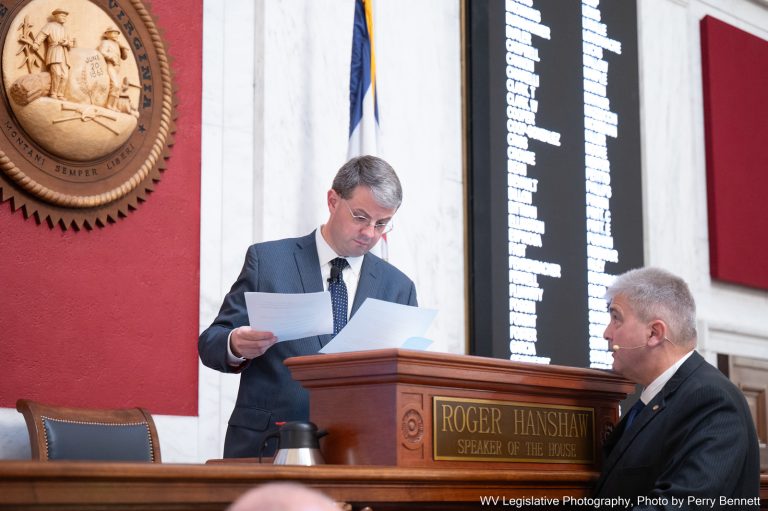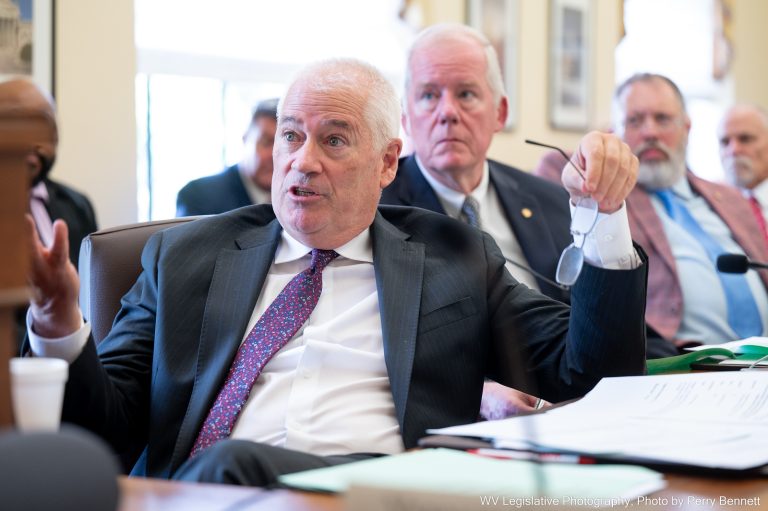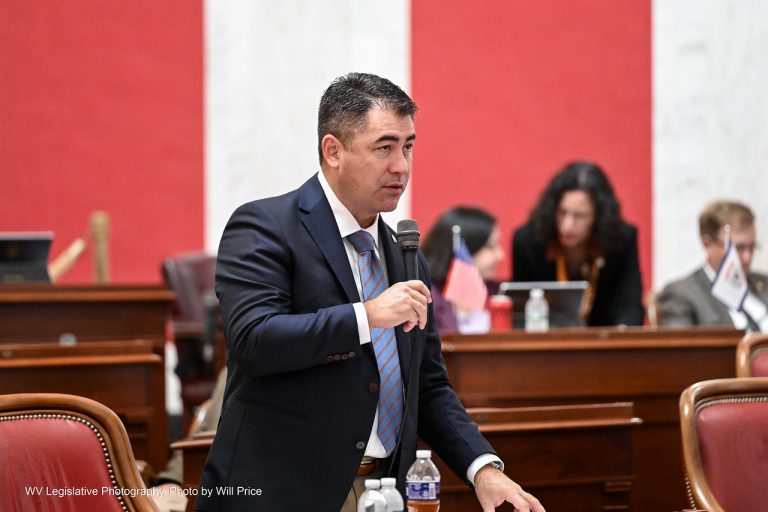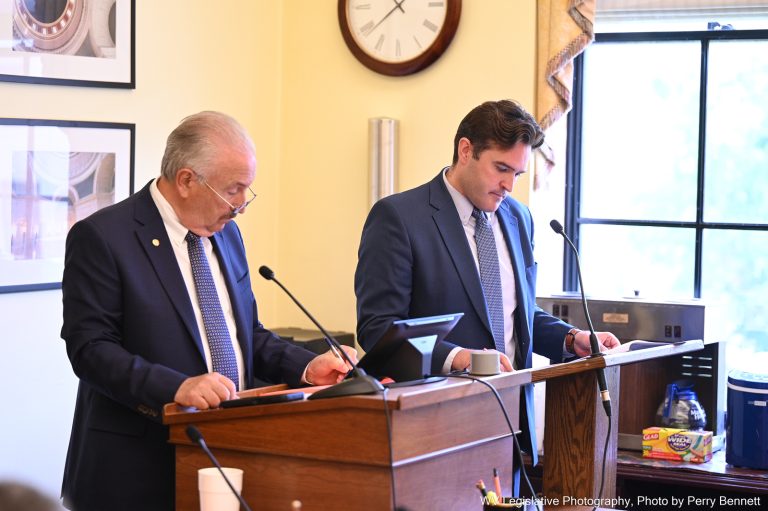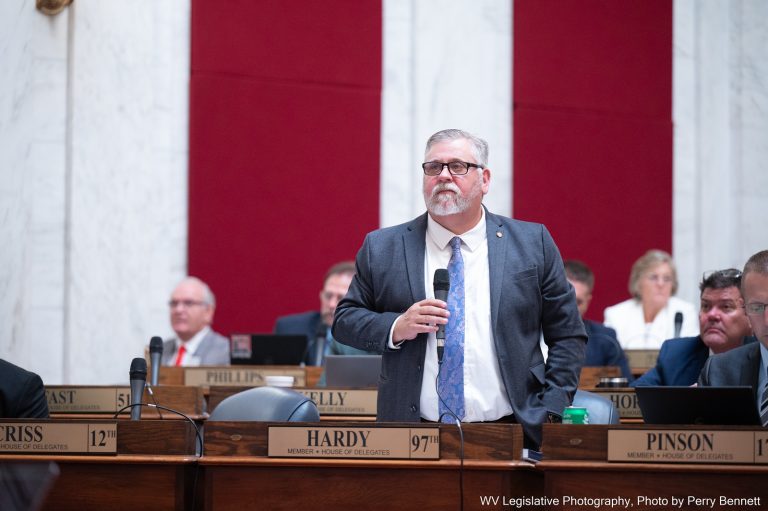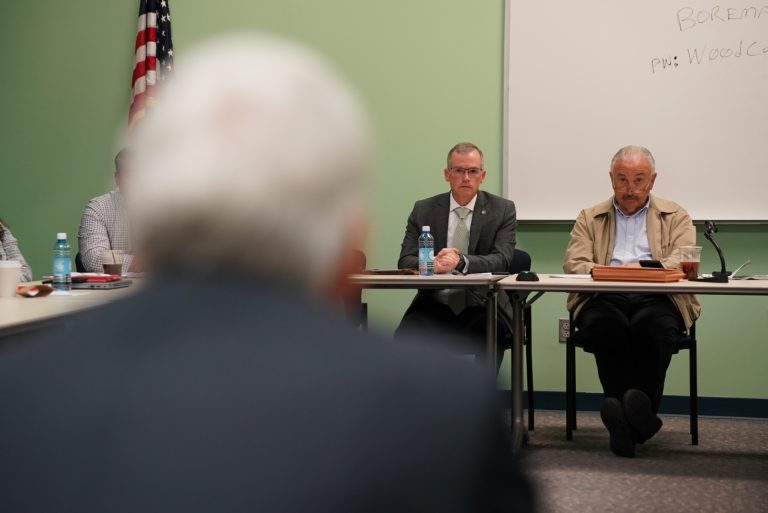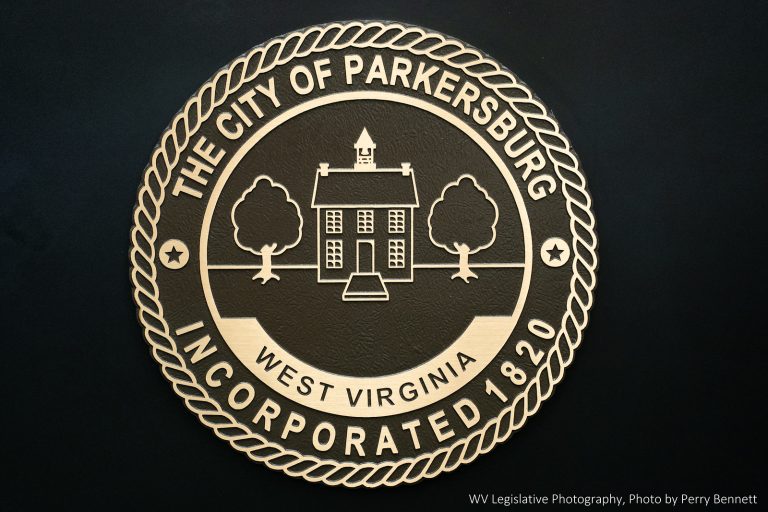The House Finance Committee met twice today.
In the morning meeting, House Bill 209 was advanced to the floor.
House Bill 209 appropriates $87 million to the PEIA Reserve Fund. The fund is required to have 10 percent of the actual planned expense of the fiscal year. In the past couple of years, PEIA has faced shortfalls requiring the agency to pull from the reserved fund. The result is a reserve fund below the required funding. The agency is working on a plan for changes to prevent future shortfalls.
House Bill 221, House Bill 222, and House Bill 223 were laid on the table for the next meeting.
When the committee returned, House Bill 237 was presented and advanced to the floor.
House Bill 237 makes changes to future personal income tax rate reductions. The bill changes the start date of the calculations for the previous fiscal year to 2025. If a reduction occurs, it will be reflected in the second taxable year. The bill shall be applied to all taxable years beginning in 2026. The purpose of this is to align it with the budget. It prevents mid-year tax rate changes, which could require submitting multiple tax forms.
The following bills were taken up for explanations but laid over again: House Bill 221, House Bill 222, and House Bill 223. The three bills appropriate $32.5 million of surplus funds to the DOC. The funds will be used for the adult facilities, the juvenile facilities, the takeover of the Stevens Correction Center in McDowell County, and the PEIA shortfall for the parole board.
House Bill 216 allocated $10.6 million to the Office of Technology for maintenance and long-term upgrades. The bill was amended in committee.
House Bill 230 provides $1 million of surplus to the Department of Education for safe schools updates.
House Bill 231 gives the School Building Authority spending authority for $5 million for Charter School Construction Grants. No new money is appropriated; it is just spending authority.
House Bill 229 provides $5 million to the Department of Economic Development for a childcare expansion pilot program. The program will help grow childcare in the state by starting new childcare facilities, expanding smaller current childcare facilities, and attracting staff.
The Committee will meet at 9 a.m. in Room 460.


